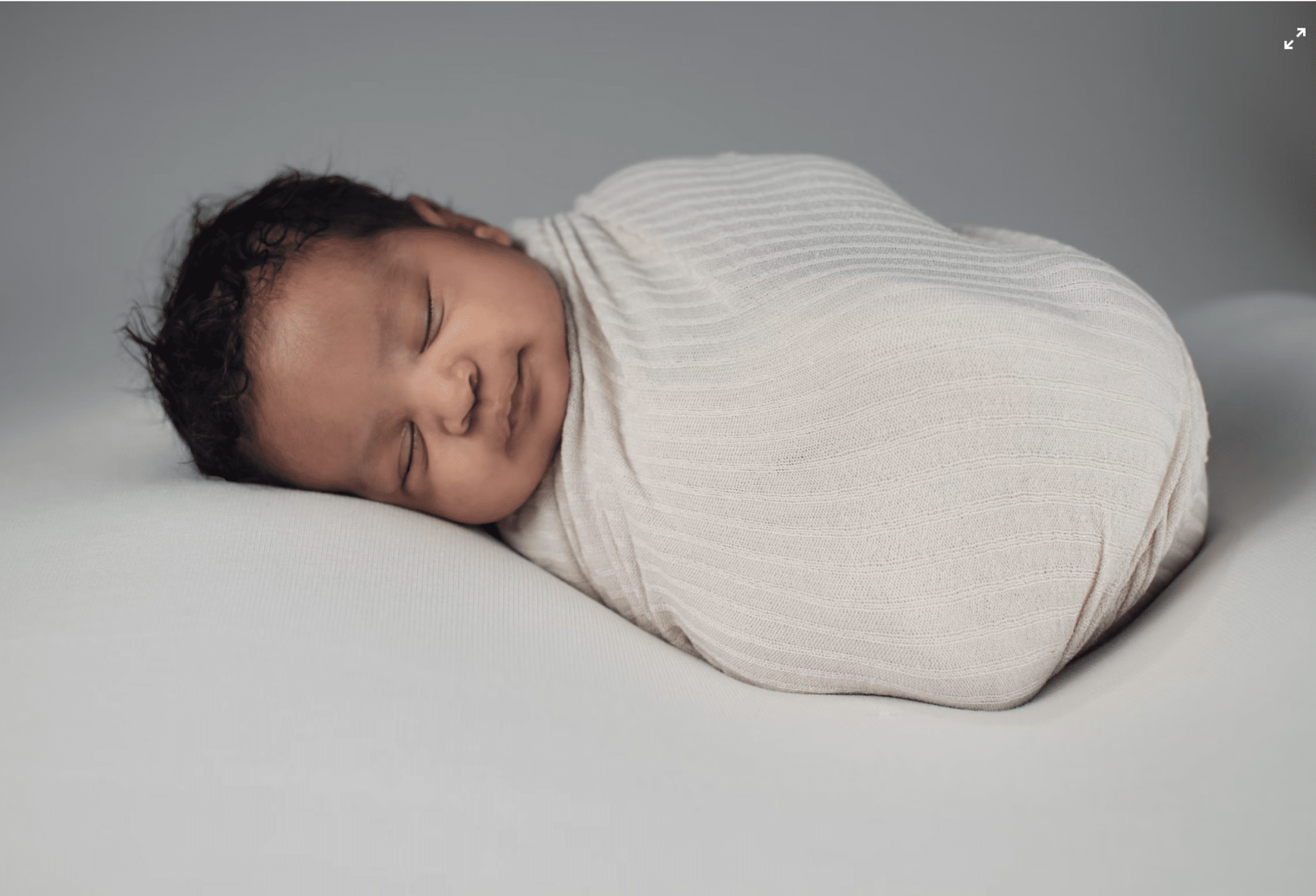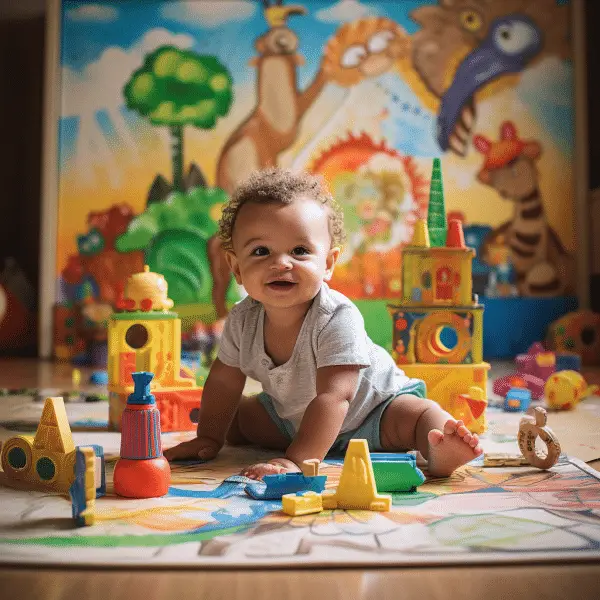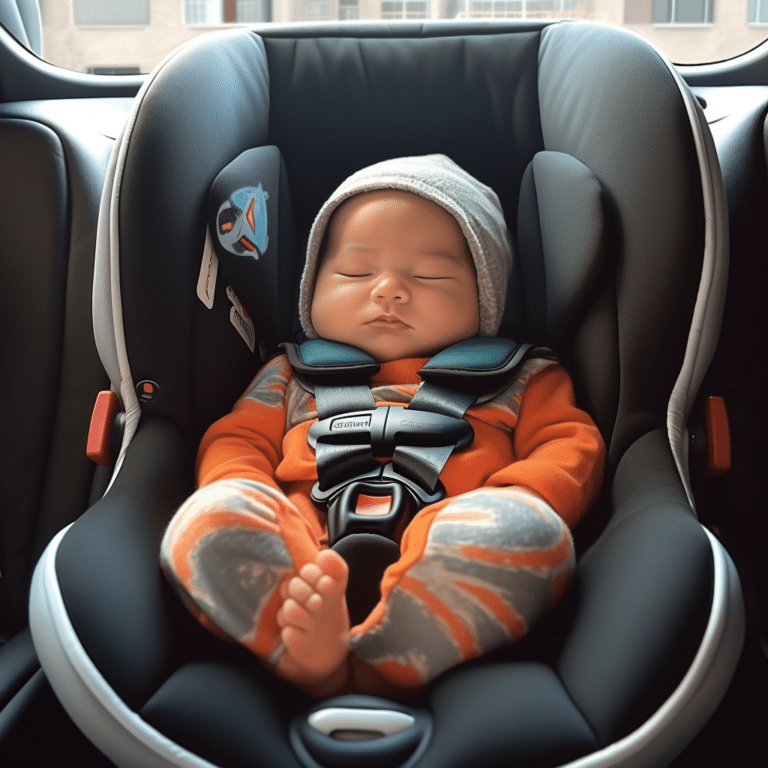Surviving Your Baby’s First Night at Home: Dealing with a Baby Who Won’t Sleep
It doesn’t sink you’re in charge of someone day and night until you leave the hospital with your new baby. When you’re still attended to by an army of medical professionals and getting your meals delivered to you, taking care of your little one doesn’t seem challenging.
But when you head home and your baby refuses to sleep the first night, reality sinks in. if you’re wondering how you’ll survive your first night with a baby who won’t sleep, don’t panic. And as demanding as babies are, they’re also pretty simple to handle. Your first night with a baby who won’t sleep will be intimidating, but it’ll pass in a blur, and you’ll soon be a pro.
This article discusses what makes babies refuse to sleep on their first night at home and what you can do.
Why Your Baby won’t Sleep During Their First Night Home From Hospital
Here are reasons why your baby doesn’t want to sleep during their first night home from the hospital:
Newborns Sleep Time Varies
On average, babies sleep for 16-18 hours during the first two weeks of their lives. By the time they reach four weeks, they sleep an average of 14 hours a day.
Note that this does not apply to all newborns. Some newborns sleep as little as 9 hours a day, while others sleep for 19 hours a day by four weeks. So, if your baby falls in the former category, that can explain why they won’t sleep.
Newborns Sleep For Short Stretches
Newborns sleep for short stretches of about30 minutes to 3 hours. They don’t know the difference between day and night, so they wake up randomly within 24 hours.
Some babies are textbook babies; they sleep for two hours, stay awake for 1 hour, and follow this schedule throughout the day.
Others follow no schedule. These ones can sleep for 20 minutes and fail to return t sleep for longer. They resume sleeping for 3 hours and take short naps day and night.
Newborns Wake Up Frequently
Unlike adult sleep, newborn sleep is not governed by circadian rhythms. When still in the womb, their sleep (difference between day and night) is governed by their mother’s hormones, melatonin. For them, when the fetal heart and respiratory rate slow down when their mother sleeps, that’s their night.
However, babies are by themselves after birth and need to develop a circadian rhythm, which unfortunately takes time. Then there’s the issue of them feeding every few hours, complicating things even further. This can leads to them waking up frequently until they develop their circadian rhythms.
Most babies usually take around 12 weeks to recognize the difference between day and night. Before this time, they can sleep for long periods, especially during the day (5-6 hours), and stay awake at night.
How To Deal With A Baby Who Won’t Sleep First Night Home From Hospital
Here are common reasons why your baby won’t sleep first night home from the hospital:
Hunger
Many people assume that when a baby won’t sleep, they’re hungry, and they’re right. This may be the common reason why newborns won’t sleep.
Newborns have small stomachs at birth, about the size of a cherry, making their tummies unable to hold much quantities at each feeding. Their liquid diet (milk) also digests quickly. All these explain why they need to eat frequently. So, next time your baby cries and won’t sleep, breastfeed them.
Fatigue
If your newborn is overtired, they won’t fall asleep. Your baby is considered overtired if they have been awake for longer than their appropriate awake window.
For newborns, their appropriate awake window is about 45 minutes. So, when they stay awake for longer, their bodies cannot tolerate it. This activates the production of a stress hormone, cortisol, making it even harder for them to fall asleep.
So as soon your little one shows signs of tiredness like rubbing their eyes and yawning, get them down for sleep quickly.
Overstimulation
It’s good to keep your newborn active during their awake window. However, overdoing it can overstimulate them.
Newborns often don’t like bright light or loud noise. So, if your little one is showing signs of distress, looking away from people, or starting fussing, take them to a quiet place.
Ensure They’re Comfortable
Check their comfort if you don’t seem to find a reason why your baby is crying. Do they need a diaper change? Are they too cold or too warm? This may sound simple, but all you need to do to get your baby back to sleep.
Try Co-Sleeping
Co-sleeping on your first night home can help get your baby and yourself some sleep. It will also make your night wake-ups easier as you’ll be close to your baby. Hence, you can easily check on them as they lie down.
Keep Skin-To-Skin Contact
According to Fit Pregnancy, skin-to-skin contact has various benefits for your baby and you, making it worth continuing once you reach home. This can help your baby stay warm, stabilize their heart rate, and also help boost milk supply. Skin-to-skin contact can also help calm your baby if they’re crying.
Give Them Pacifier
If your baby won’t sleep and cries non-stop, a pacifier may help soothe them. Some moms hold off introducing a pacifier because they’re scared of nipple confusion with breastfeeding. However, Baby Center says no conclusive studies are backing these claims.
Don’t Panic
You may be scared at the thought of caring for a brand-new baby. But rest assured, every wonderful parent out there felt this same way at some point. And since they managed, you will too.
Conclusion
What should you do when your baby won’t sleep the first night home from the hospital? Start by establishing why they won’t sleep. Are they hungry, comfortable, tired, or overstimulated? Once you discover what s making them stay awake, you’ll know the best way forward.
However, if everything seems to be in order and they have no problem, don’t panic. Their failure to sleep may be due to an undeveloped circadian rhythm, which takes time. So, relax and spend time cuddling your baby. Remember to get enough rest yourself; you need that.






